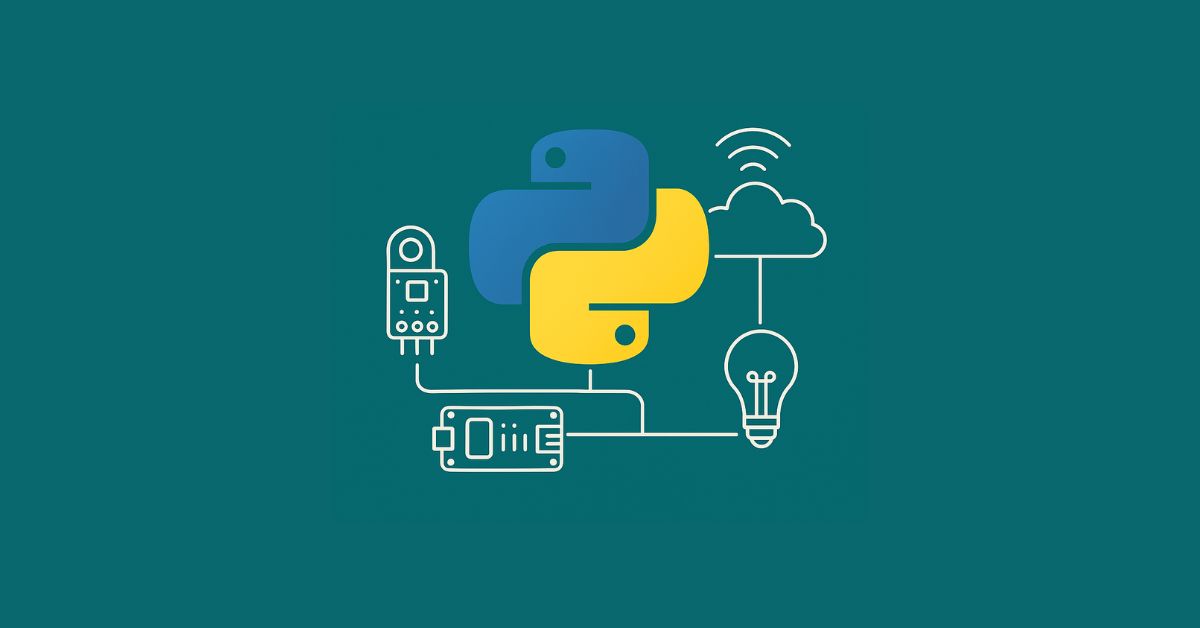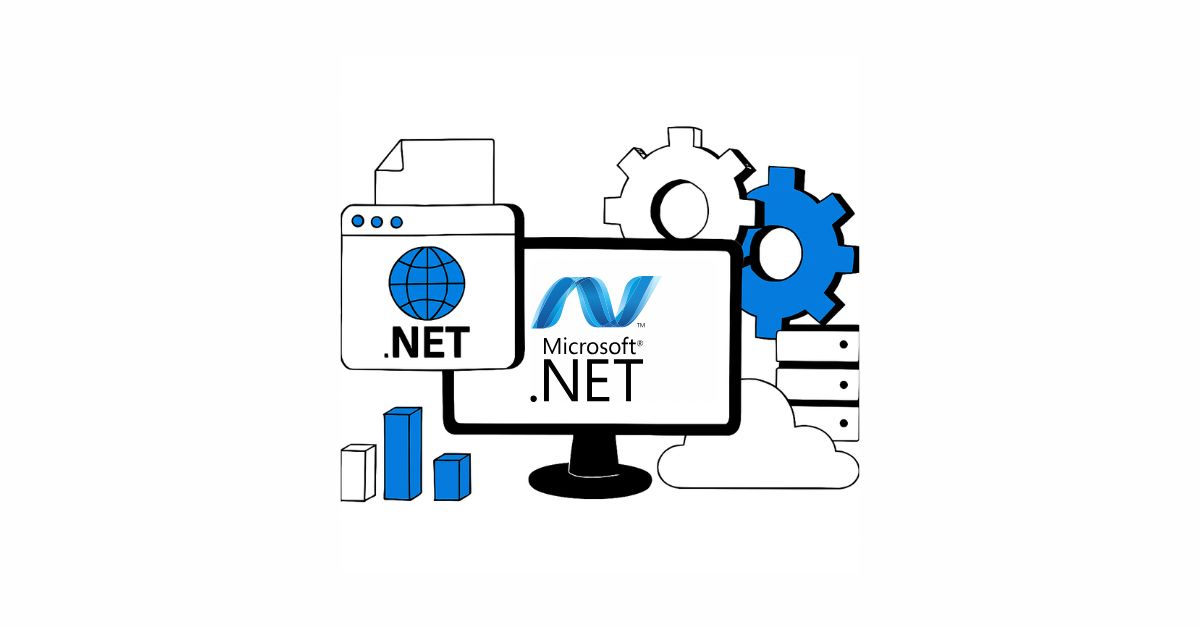Introduction
Node.js enthusiasts, we have some exciting news – the Latest Node JS Version 21 is here! This latest version of Node.js has created quite a buzz in the developer community. In this article, we’ll explore the new features and updates that node js updates brings to the table. But before we get into the details, let’s understand a bit about Node.js release cycles.
- Understanding Node.js Release Cycles
- What’s New in Node.js 21?
- Fetch API: A Significant Upgrade
- WebSocket API: Real-Time Communication
- V8 JavaScript Engine Version 11.8
- Built-in WebSocket Client
- -experimental-default-type: Choose Your Module Type
- ECMAScript Modules (ESM): A New Module Type
- Runner Updates
- NPM 10.2.0: Faster Package Management
- Migrating to Node.js 21
- What is the latest version of node js? Node.js 22!
- Conclusion: Node.js 21 – A Game-Changer
Understanding Node.js Release Cycles
The latest version of node js follows a regular release schedule. Major versions of Node.js are typically released every six months, bringing with them new features and improvements. Although Node.js 21 is not a Long Term Support (LTS) release, it will be supported for at least six months, receiving security updates until April 2024.
What's New in Node.js 21?
With Node.js 20 being a great success and being adopted by big players like Netflix and Uber, Node.js 21 had high expectations to meet. So, what’s all the excitement about? Let’s break the node’s latest version down.
Fetch API: A Significant Upgrade
Node js’s latest version introduces a game-changing upgrade – the stabilization of the Fetch API. The Fetch API is a modern approach for making HTTP requests in JavaScript, replacing the older XMLHttpRequest API. This update makes the Fetch API stable, meaning it’s production-ready and thoroughly tested. The benefits include compatibility with modern browsers, improved developer understanding, and enhanced error handling for network and server issues.
WebSocket API: Real-Time Communication
The WebSocket API, while marked as experimental in node js current version 21, opens up possibilities for building real-time applications, such as multiplayer games, social networks, and chat apps. It facilitates seamless communication between servers and web browsers.
V8 JavaScript Engine Version 11.8
The current version of the node features an updated V8 JavaScript Engine – V8 11.8. This update enhances performance and introduces new language features like WebAssembly and Array grouping. It focuses on quicker startup times and improved stability and performance.
Further Reading:- How Node.Js Framework is the Best Backend Framework
Built-in WebSocket Client
Node js update version 21 enhances real-time applications with its optimized built-in WebSocket client. It’s user-friendly and capable of handling many concurrent connections, making the latest version of JavaScript a game-changer for real-time app development.
-experimental-default-type: Choose Your Module Type
Node.js 21 introduces the –experimental-default-type flag, allowing you to select the default module type for all imported modules, be it CommonJS or ECMAScript Modules (ESM). This flexibility ensures your change node version project aligns with your preferred module system.
ECMAScript Modules (ESM): A New Module Type
The latest node version improves compatibility with CommonJS modules, offering better performance, tree-shaking support, namespaces, and dynamic import support, promoting efficient and modular code.
Runner Updates
The latest node version introduces various updates to the test runner, simplifying functional testing and result export. It supports passing globs to the –test parameter, enhancing testing flexibility. The new CLI flag, –parallelism, enables better control over the number of tests executed in parallel.
NPM 10.2.0: Faster Package Management
Node.js 21 boosts NPM with version 10.2.0, introducing new package resolution algorithms for improved security and performance. This means faster package installation and resolution, streamlining package management for Node.js applications.
Migrating to Node.js 21
If you’re eager to embrace Node.js 21, here are some tips for a smooth migration:
Update your project’s package.json to specify Node.js 21 in the engines field.
Ensure your project’s dependencies are compatible with Node.js 21 by using package managers like Yarn or NPM to upgrade packages.
Thoroughly test your application on Node.js 21, optimize your code, and leverage new features. After testing, update your codebase as needed and proceed with deployment.
What is the latest version of node js? Node.js 22!
The latest node version has already generated excitement, but what can we expect from Node.js 22?
Support for the Latest JavaScript Standards: Node.js 22 is likely to support the latest JavaScript standards, including ECMAScript 2023, introducing features like class static blocks, export namespace forms, and private class fields.
New Built-in Modules: Node.js 22 may introduce new built-in modules, enhancing developers’ ability to create specific types of applications, such as WebAssembly integration.
Conclusion: Node.js 21 - A Game-Changer
In conclusion, Node.js 21 is not just an update; it’s a testament to the innovative Node.js community. With enhanced features, improved performance, and greater stability, Node.js 21 paves the way for more scalable and robust Node.js applications. The future of JavaScript development is brighter than ever, and the latest Node.js version is leading the way in modernizing your projects.
So, why wait? Embrace the power of Node.js 21 and take your applications to new heights. Get ready for an exciting journey into the world of Node.js development!








